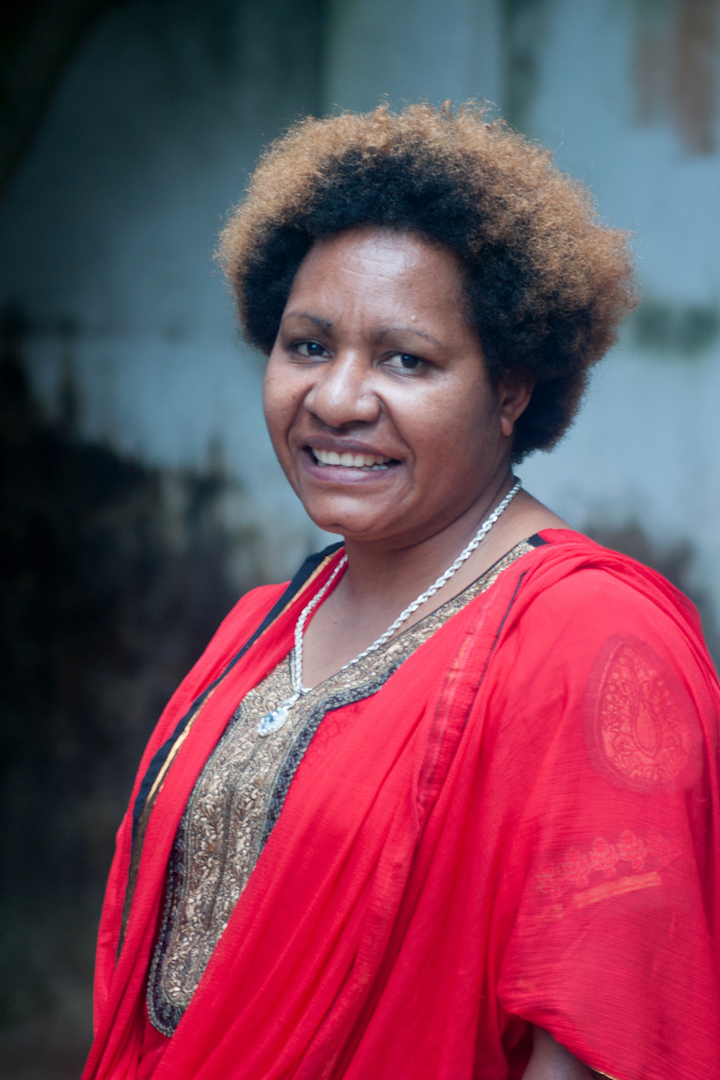Soil Child Update - PNG
A report on recent progress with the Soil Child project

Despite numerous shortfalls and unexpected events in the year, we have achieved significant milestones in lifting off Soil Child. Here are the key feature events:
- Soil Child – the brand is selling itself at different levels across the program network. Academics, researchers, biologists, agronomists, agriculturalists, nutritionists, anthropologists, advocates, social workers, students and volunteers have been asking what “Soil Child” really stands for and shown enthusiasm. Through the brand we have so far established some very useful networking contacts and working towards establishing long-term partnerships into the future.
- My admission into the Doctor of Public Health program at Flinders University is also strengthening the project and gathering interest. The research involves an ethnographic study focusing on my community as a first step towards mobilising people, understanding their ideas and knowledge about priority needs and issues in their community and then setting goals for positive change which is what Soil Child aims to achieve.
- Soil Child implementation partner in PNG, Women in Development Foundation PNG (WIDFPNG) now has a basic website, and three program volunteers based in Port Moresby and in Pakura village. This is encouraging because our volunteers will facilitate logistics, activities and work with the community to achieve our targets.
- Soil Child also has support from PNG students here in SA who have shown interest and will be working from PNG upon their return with our team in terms of linking us to relevant institutional partners, stakeholders and communities.
- I have had opportunities to present Soil Child at various locations in Adelaide through Zonta Club and Adelaide University of Third Age and this has produced some important connections, as well as the funds raised.
Soil Child has three program components and below are briefs of what have been achieved for each component in the year.
1. Basic Universal Primary Education:
This component of the program aims to improve gender balanced primary school enrolment rates towards reduction of high illiteracy rates.
- The Pakura Primary School was closed for over 30 years and has now being reopened through our mobilisation. The school now has 309 students from the age range of 5 to 25 years in year levels from Elementary Prep 1 through to Year 8. There are a total of 6 primary school teachers and 3 prep teachers.
- We are working on logistics to purchase school books and educational resources from Bilum Books and transport from Lae warehouse at the end of this year.
- Through South Pacific School Aid Program (SPSAP) and Phil’s Second Chance Toys, we have collated school resources. These will be shipped in September by the assistance of SPSAP
- A total of 5 proposals have been submitted to political leaders in the Hela Province to support the shipment logistics and so far all have been rejected. However we are encouraged by the advocacy reached.
- My first episode from a series on ‘Education as Liberation’ has been published on the Uno Voce Journal of the PNG Australia Association and can be found here: (link coming soon)
- Fulcrum Aid has engaged a student volunteer from the University of Adelaide who is assisting to work on research and design of the education program.
2. Comprehensive Primary Health Care:
This component of the program aims to strengthen the existing decentralised primary health care system and mobilise local communities to own and sustain village midwifery projects which will improve maternal and child health outcomes and improve access to health care and services.
- We have explored possibilities of working with the team at University of Adelaide on borrowing their primary health care strengthening model in Indonesia. Communication is established and we are working with our key networks to complete research, and design this component of the program.
- We have applied for a shipping container of medical equipment from the Royal Adelaide Hospital when it relocates over the coming few months. The equipment and supplies will go to five central hospitals in the highlands of PNG.
- We have discussions with key partners at University of Adelaide and are in the process of working with some of our key friends who are experts in this area to design this project.
- Phil’s Second Chance Toys have collected donations of baby clothes, mothers’ midwifery clothes and children’s toys. We are working to ship these together with the school resources. All shipment costs from Adelaide, packaging and logistics here are organised by SPASP
3. Life Begins in the Soil:
This component of the program aims to work with local communities by using their farming and agriculture knowledge and their local resources to expand food production for better nutritional and wellbeing outcomes and for commercialisation and economic sustainability. So far, we have achieved:
- Land has been allocated by the village as part of the school to implement this project
- Consultations with specialists on growing rabbits, piggery, chicken and eggs as well as cash cropping.
- Exploration of a social enterprise based on coffee trade.
Summing up
We have raised funds for the purchase and delivery of teaching resources. We have so far established promising networks with potential future partners. And Soil Child is a unique brand selling itself and gaining interest from across multiple disciplines. We however need:
- Three full time volunteers in Australia who can work with us to oversee each of the three program components to fundraise, research, design and advocacy.
- Raise funds for shipment of medical supplies from RAH.
- Opportunities to speak at events and gatherings as a way of advocacy and fundraising.


Comments (2)
jim
reply
Fulcrum Aid
reply